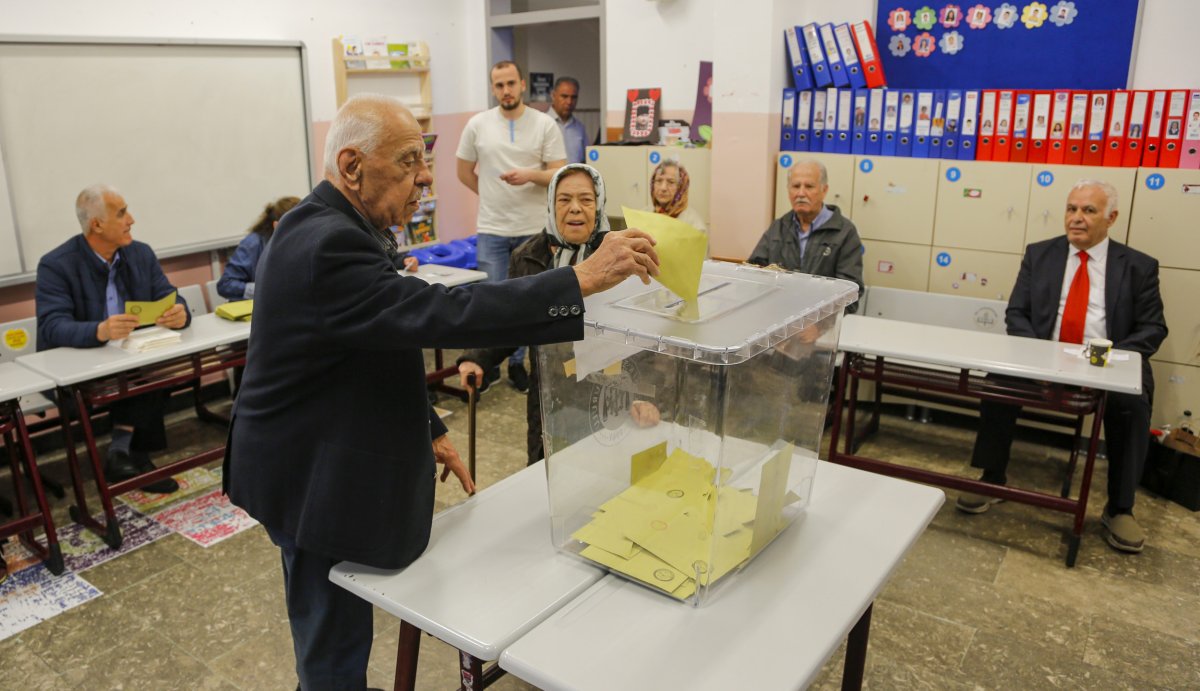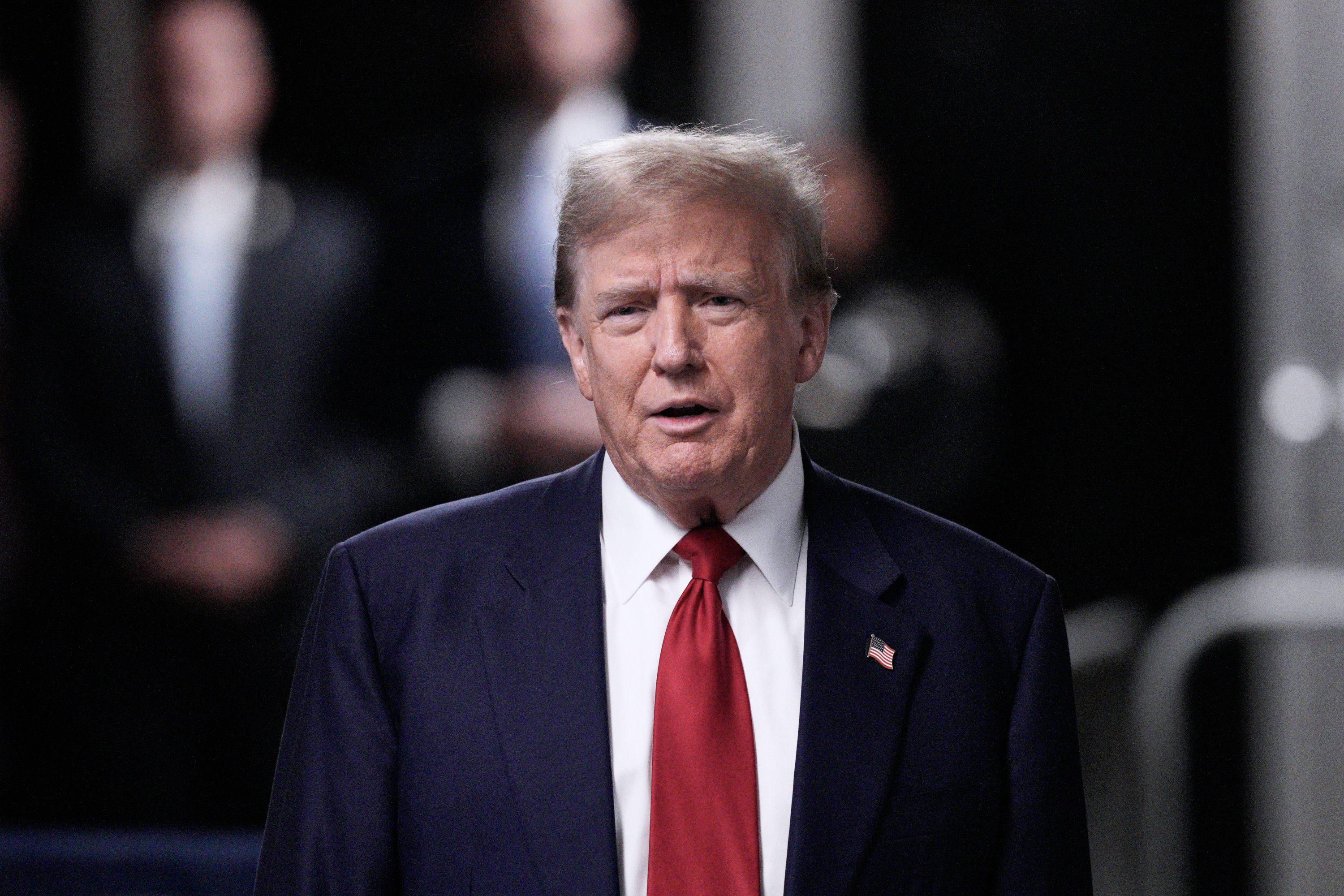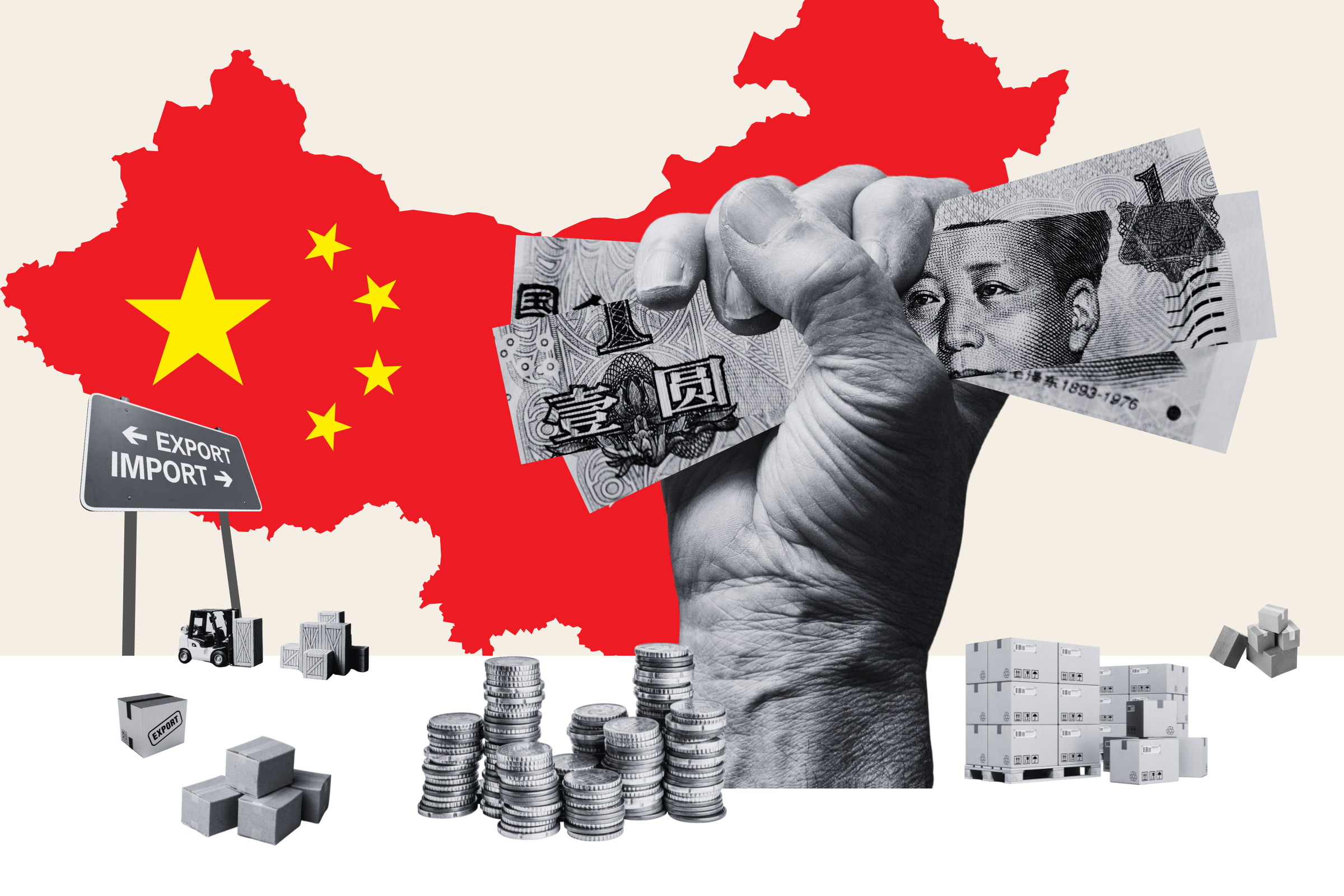As more than half the world votes in elections this year, immigration policy has become one of the biggest and most divisive topics on the trail. Against the backdrop of massive refugee and migration flows, there has been a surge in global right-wing politics.
Turkey will hold municipal elections at the end of March, and the stakes are high, especially in Istanbul. Yet even though Turkey hosts the largest number of refugees in the world, migration policy is not a decisive issue on the agenda. This is a remarkable turnaround, given the role refugees played in the country's past elections.
The migration debate in Turkey is relatively new, as compared to other countries, but appears to be disappearing from the public discussion after reaching a breaking point in the 2023 elections. Turkish voters are paralyzed by the economic crisis. And with the government keeping a tight lid on migration, voters don't see how any of the mainstream parties will change the status quo anytime soon.
In the runup to the second round of voting in the 2023 presidential election, the close to 4 million refugees in Turkey became a central focus of the campaign and the target of heated rhetoric. Before the runoff vote, the main opposition candidate, Kemal Kilicdaroglu, head of the Republication People's Party (CHP), pledged to repatriate millions of refugees, accusing President Recep Tayyip Erdogan of trading citizenship to foreigners in exchange for votes.
After Erdogan won re-election, Syrians were seen cheering in Istanbul's Taksim Square. They hoped he would curtail their political vilification of them. However, the opposite has happened with an uptick in raids, detentions, and deportations. This fear has pushed thousands to try to seek asylum in Europe—which is now seeing applications for asylum at rates similar to the 2015 migrant crisis.
The Justice and Development Party's (AKP) candidate for Istanbul mayor in the March 31 municipal elections began his campaign in Fatih—the district with the highest number of Syrians. He reassured voters that refugees would not be there forever. "We've to manage the problem of [Syrians] ... until they return [home]," he said.
While migration reforms are still being discussed on the campaign trail, they will act more as background noise rather than the leading issue they were in previous campaigns. Istanbul's current mayor, Ekrem Imamoglu of the CHP, caught Erdogan by surprise in the 2019 municipal elections, calling out his open-door policy that had made the city home to the largest population of Syrian refugees in the country. Imamoglu's sharp criticism led to a landslide victory, ending Erodgan's decades-long dominance of the city.
Migration is still an important issue in Turkey. Polling demonstrates that 86 percent of Turks want refugees and immigrants to be sent back home. However, there has not been significant differentiation in refugee policies between the major political blocs. This led to fringe, single-issue parties, like the Zafer Party, to try to fill this gap. They opened their municipal campaign by saying they would make Istanbul so unbearable for migrants that they would beg to leave.

Although it remains a major issue in the minds of voters, any changes to Turkey's refugee policy are not an electorally salient strategy for a large portion of them. Voters are simply exhausted by the refugee issue, as the Turkish system of hosting migrants and refugees defies simple solutions.
Research has found a "reverse backlash effect," where the success of radical right-wing parties has pushed the general population away from overtly racist messaging. Kilicdaroglu sold his political fortunes to the Zafer Party, but still lost the 2023 presidential elections. He has since been replaced as the CHP head. Imamoglu is running as the incumbent, and he can no longer definitively use the same tactic of pinning the failed government policy that made Istanbul a major host of refugees, as he did back in 2019, nor can he become explicitly anti-refugee.
Secondly, immigration's effect on the elections is minor compared to other issues. The majority of Turks say they are most concerned with the state of the economy, hardly surprising when inflation has rocketed to almost 70 percent. The country's economic tailspin will influence voting behavior more—the major political parties have generally embraced strategic silence on Syrian refugee issues. Also, the changing geopolitical context, including the Oct. 7 conflict in Gaza, is also making migration a tertiary issue.
Polls show a close mayoral race in Istanbul, so any tough CHP anti-migrant stance can risk alienating those from the left, the religious, or the business community. Imamoglu is trying to make the election about his own record as mayor. Still, he brings up the issue of refugees, when politically expedient. Referring to Erdogan's 2019 claim of spending $40 billion on refugees, he said, "I will continue to throw the economy, education, and refugee problem of the country they mismanage into their faces."
While Turks will continue to be disappointed by the prospects of refugees staying for the long-term, there will not be any significant changes with the politics around migration. Nor will it be on the top of the agenda until President Erdogan steps down from office and some room emerges for a more open discussion of his legacy. In the meantime, the situation will only go further south for the country's refugees, as after more than a decade, most Turks still see the 3.5 million Syrians in Turkey as guests receiving temporary protection. This is will only push migrants further to the margins, as emergency turns to protracted crisis.
Joshua Levkowitz researches and writes about migration in the Middle East.
The views expressed in this article are the writer's own.
Uncommon Knowledge
Newsweek is committed to challenging conventional wisdom and finding connections in the search for common ground.
Newsweek is committed to challenging conventional wisdom and finding connections in the search for common ground.
About the writer
To read how Newsweek uses AI as a newsroom tool, Click here.








